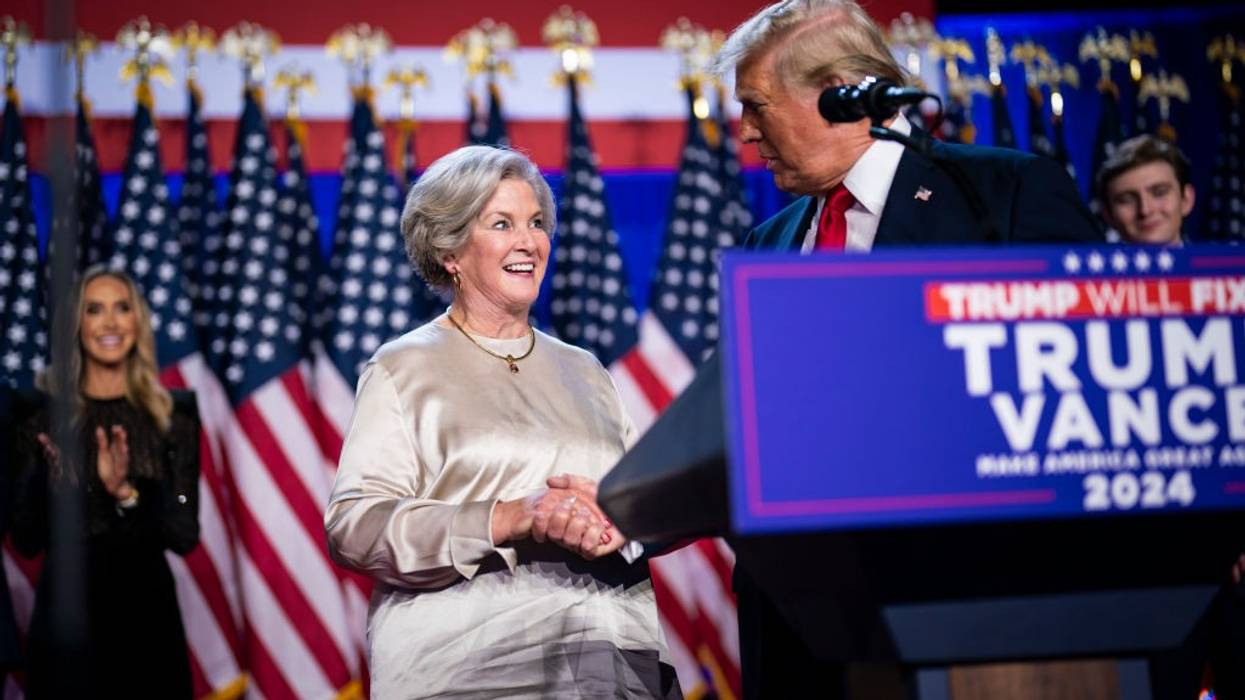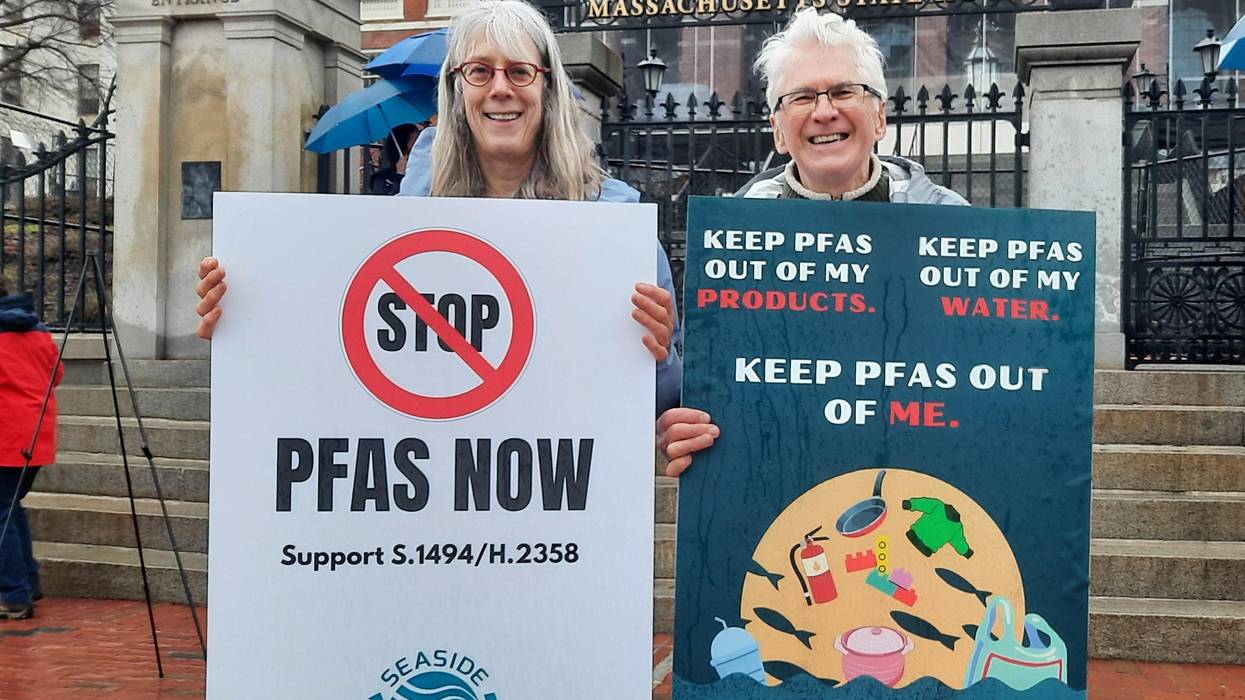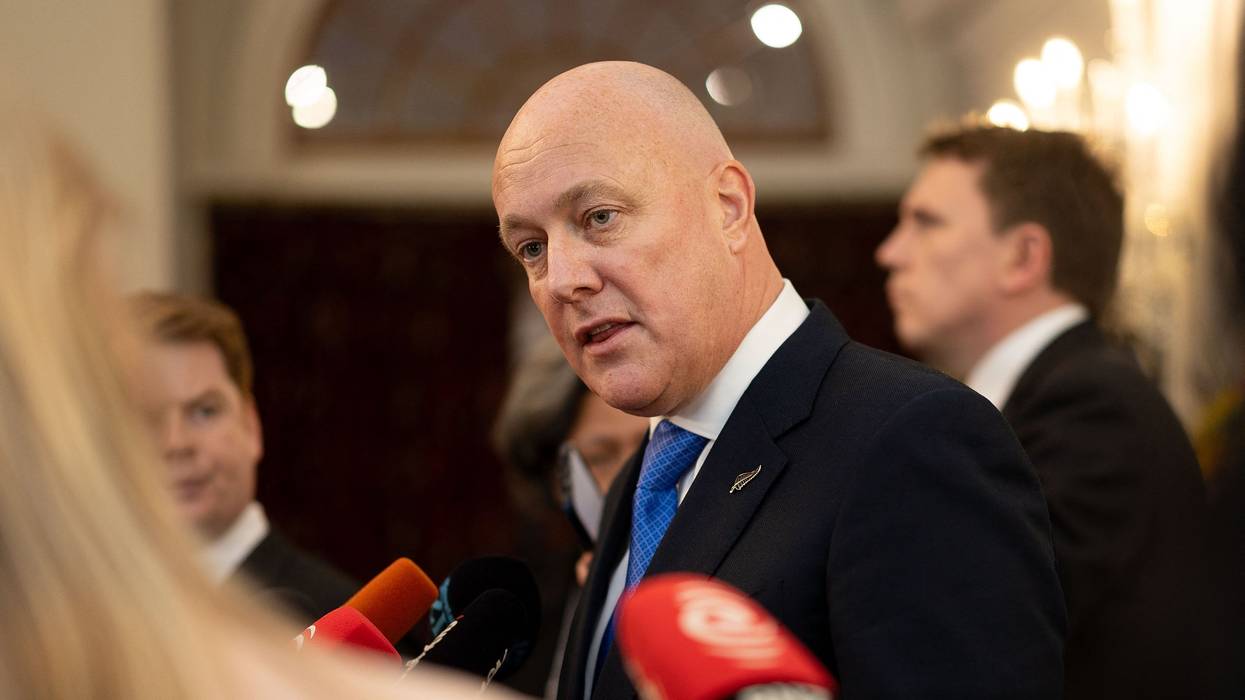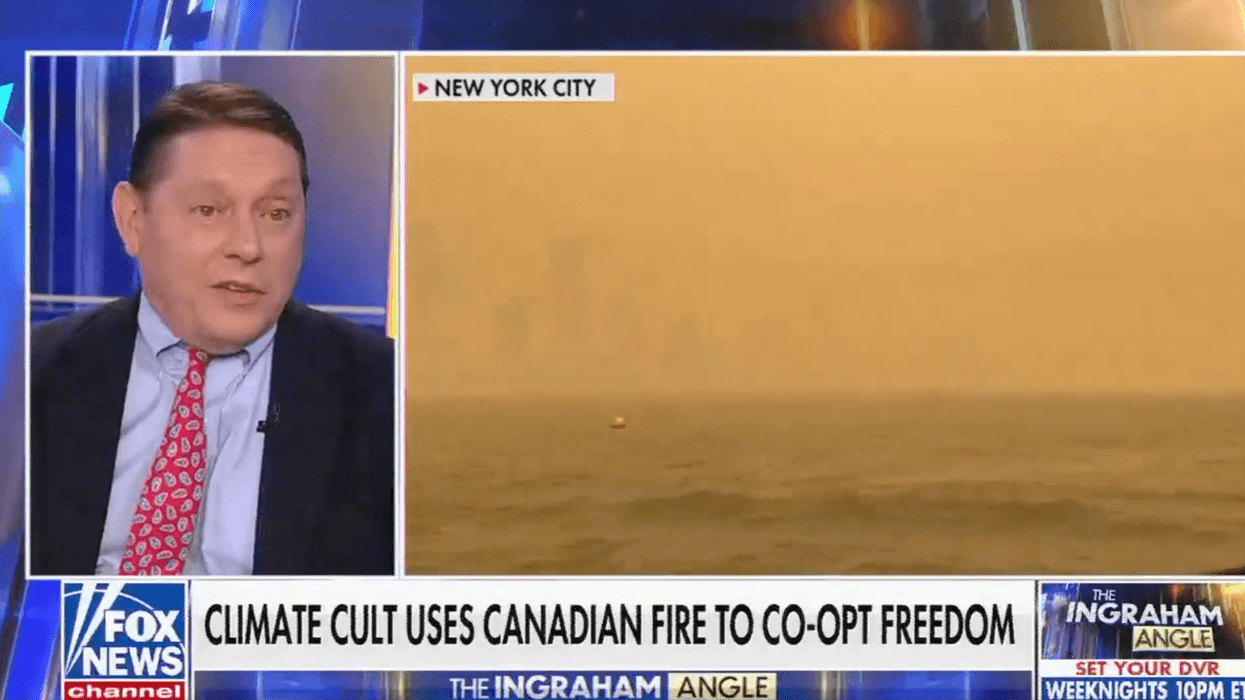Trump's Chief of Staff Pick Worked as a Tobacco Lobbyist While Running 2024 Campaign
The president-elect previously vowed to "drain the swamp," but his chief of staff pick, Susie Wiles, co-chairs a firm that has lobbied for tobacco giant Swisher International, Tesla, Uber, AT&T, and other corporate giants.
President-elect Donald Trump on Thursday selected Susie Wiles, a longtime GOP strategist who has spearheaded the Republican leader's campaign operations since 2021, to serve as White House chief of staff, saying in a statement that she helped "achieve one of the greatest political victories in American history."
But Trump's team didn't mention in its announcement that Wiles worked as a lobbyist for the tobacco company Swisher International while running the former president's 2024 bid. Citing disclosure forms filed earlier this year, the investigative outlet Sludge reported Thursday that Wiles "worked to influence Congress on 'FDA regulations.'"
"Wiles has not filed a termination report for her work with Swisher, but she has not reported lobbying for the company since the first quarter of the year, when the company paid her firm Mercury Public Affairs $30,000 in fees," Sludge noted.
The outlet pointed out that Mercury—which lists Wiles as a co-chair on its website—has "large lobbying contracts with several junk food companies that will be working to oppose" Trump's stated objective to "Make America Healthy Again" by, among other changes, working to remove processed foods from school meals.
Mercury "lobbies for sugar cereal company Kellogg's, high fructose corn syrup sauce maker Kraft-Heinz, and Nestlé SA, the Swiss company whose brands include KitKat, Hot Pockets, and Nestea," Sludge reported.
"Some of Mercury's other clients, highlighted on its website, include Gilead Sciences, Pfizer, Tesla, Uber, Kaiser Permanente, AT&T, NBC Universal, Gavi: The Vaccine Alliance, and the nation of Qatar," the outlet added.
Kieran Mahoney, Mercury's CEO, said in a statement that Wiles' selection as Trump's chief of staff "is great news for the country," calling her "a valued colleague."
Despite his attempt during the campaign to posture as an ally of the working class and an enemy of Washington, D.C.'s pervasive corruption, Trump is expected to fill his Cabinet with billionaires and others with extensive corporate ties.
Two billionaires, Howard Lutnick and Linda McMahon, are leading the transition team tasked with staffing the incoming administration. Politico reported that Lutnick—who donated more than $10 million to Trump's campaign—has "faced accusations from some Trump insiders that he has improperly mixed his business interests with his duties standing up a potential administration."
"Concerns about potential conflicts of interest for Lutnick include Cantor Fitzgerald and its relationship with one of the most controversial cryptocurrency companies in the world, Tether, which issues a digital token that is pegged to the value of the U.S. dollar and is reportedly under federal investigation," the outlet noted.
Reporting in recent days has indicated that the two top contenders to lead the Treasury Department in the second Trump administration are billionaires: hedge fund manager and Trump megadonor Scott Bessent and investor John Paulson, a vocal proponent of tax cuts and large-scale deregulation.
Tesla CEO Elon Musk, who pumped more than $118 million into efforts to elect the former president to a second White House term, is also expected to play a major role in shaping Trump's administration.
"Musk is helping staff the top ranks of the incoming White House and will run an unregulated entity to recommend ways to cut and reorganize government," Axios reported Thursday. "This creates conflicts of interest at an epic scale. But it's hard to see the Trump White House caring, or Musk letting it slow him down."
The consumer advocacy group Public Citizen observed in a recent report that at least three of Musk's companies—Tesla, X, and SpaceX—are currently facing scrutiny from at least nine federal agencies "for alleged misconduct."
"Enforcement priorities can shift significantly when administrations change," the group said. "Musk's self-serving desire to thwart the numerous civil and criminal investigations into his businesses seems a likely reason for the billionaire’s increased involvement in electoral politics."



